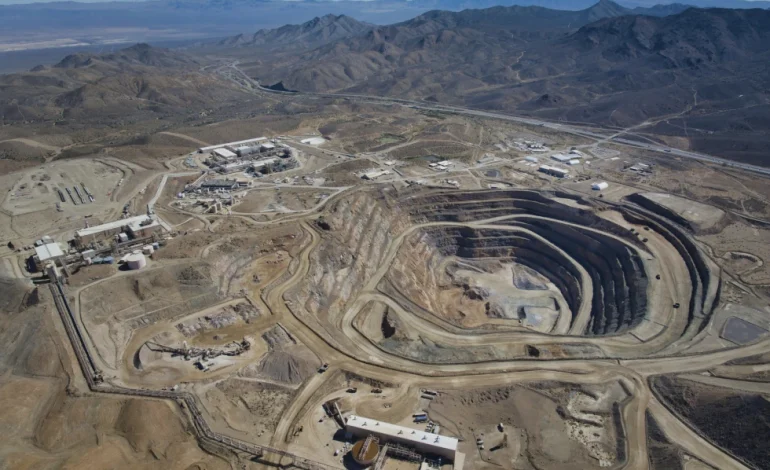MP Materials, the operator of the only rare earths mine in the United States, plans to significantly expand operations following two major agreements—one with Apple Inc. and the other with the US Department of Defense.
The deals are intended to reinforce America’s domestic rare earth production capabilities amid ongoing global supply chain, geopolitical concerns, and China’s dominance in the sector.
On Tuesday, Apple announced a $500 million multiyear deal with MP Materials to purchase rare earth magnets produced in the US. These components are critical to many of Apple’s devices, including iPhones, MacBooks, and Apple Watches, which rely on rare earths like neodymium and praseodymium for functionality such as haptic feedback and motion control.
As part of the agreement, Apple will pre-pay $200 million to support MP’s magnet production at its Fort Worth, Texas facility, which is expected to begin shipping magnets in 2027. The magnets will be manufactured using recycled feedstock sourced from MP’s Mountain Pass mine in California—currently the only operational rare earth mine in the country.
Apple and MP will also collaborate on a new rare earth recycling line in California, part of a shared effort to improve material recovery and environmental sustainability. This aligns with Apple’s broader plan to integrate more recycled content into its products and reduce dependence on mining.
“Rare earth materials are essential for making advanced technology,” said Apple CEO Tim Cook. “This partnership will help strengthen the supply of these vital materials here in the United States.”
Just days before the Apple announcement, MP Materials revealed a $400 million investment from the US Department of Defense, making the federal government its largest shareholder. The investment is aimed at ensuring stable production and shielding MP from market volatility, particularly price undercutting from Chinese rare earth producers, which often receive state support.
According to Neha Mukherjee, an analyst with Benchmark Mineral Intelligence, the Pentagon deal includes a guaranteed minimum price for key rare earths, which will provide revenue stability and long-term security for MP’s operations.
“This is the kind of long-term commitment needed to reshape global rare earth supply chains,” Mukherjee noted in a research memo.
Rare earths—17 chemically similar elements—are crucial to everything from smartphones and EV motors to jet fighters and missile systems. While they are relatively abundant in the Earth’s crust, processing them is complex, costly, and mostly dominated by China, which controls over 90% of global processing capacity.
In recent years, geopolitical tensions, including US-China trade disputes, have prompted concerns over supply disruptions. China’s recent restrictions on rare earth exports only heightened US urgency to diversify sourcing and expand domestic capabilities.
The Apple and Pentagon agreements come as the US and China tentatively ease some trade restrictions, with China granting limited export permits for civilian-use rare earths. However, military applications remain restricted, keeping pressure on US policymakers to build resilience in critical supply chains.
With input from CNN, Reuters, Apple, and the Associated Press.










The latest news in your social feeds
Subscribe to our social media platforms to stay tuned